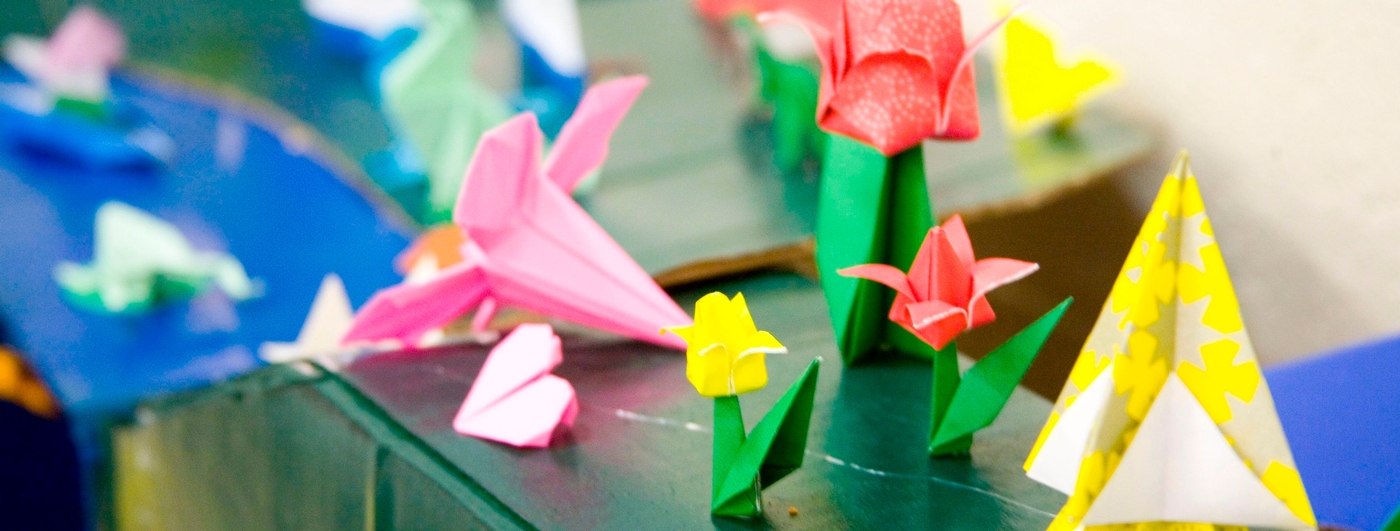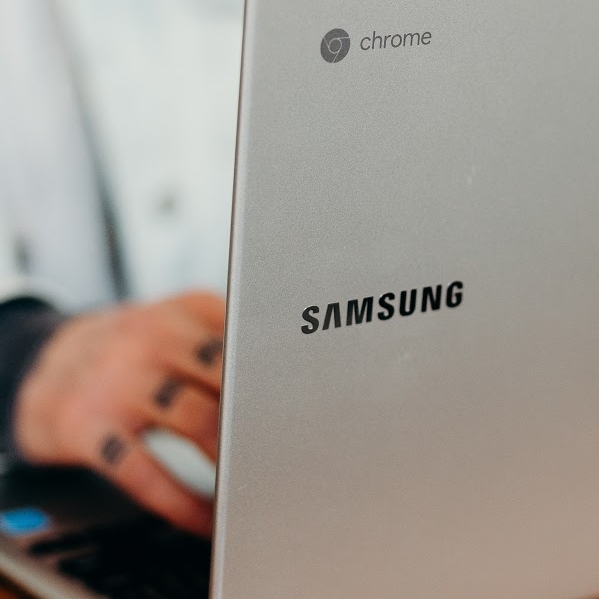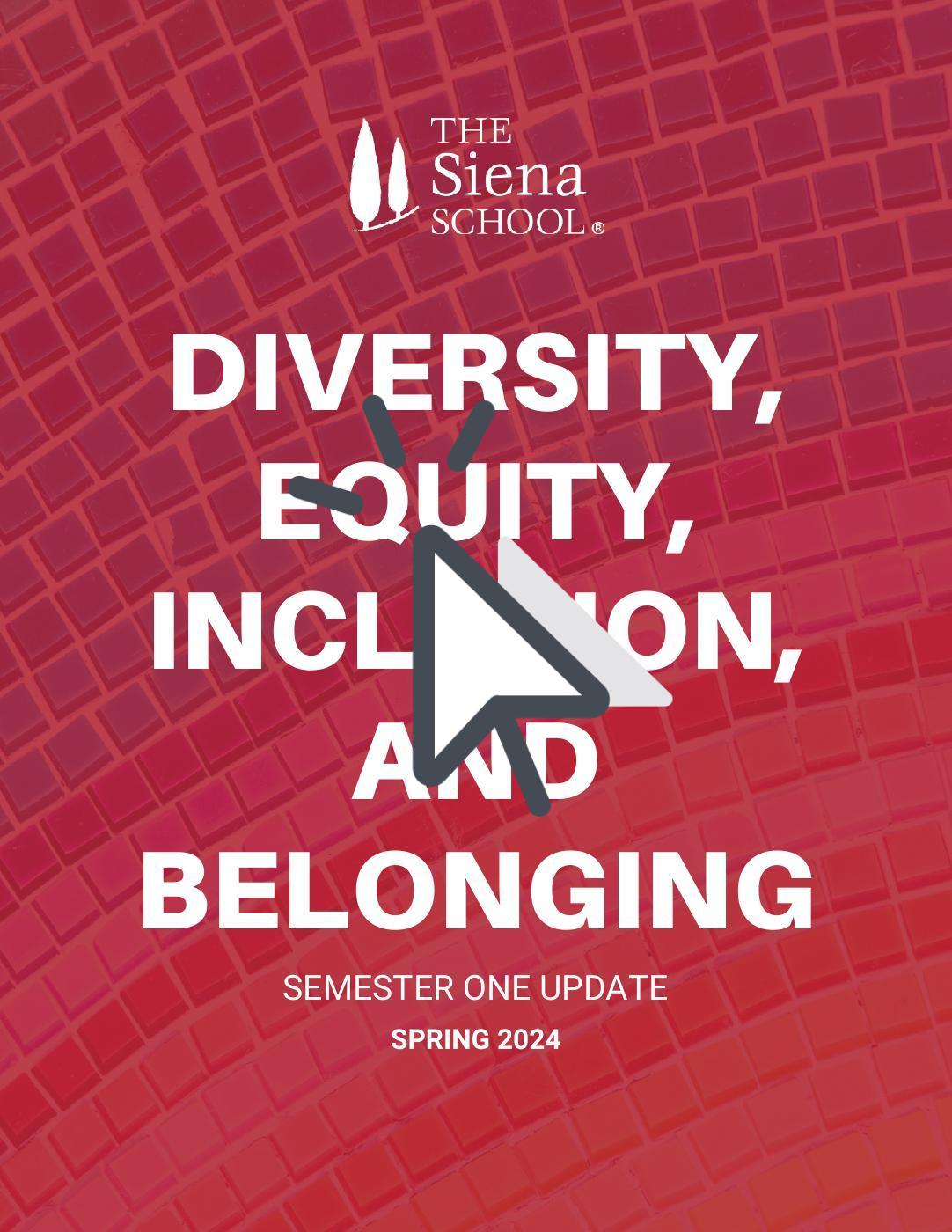Empowering students with language-based learning differences

Siena Blog



The Siena School Blog
Discover, Learn, Celebrate, and Empower
Welcome to Siena's blog, your source for helpful, cutting-edge resources tailored to teachers, parents, and other advocates in the learning differences community. We are dedicated to providing a wealth of curated knowledge spanning various topics, ranging from dyslexia advocacy and awareness to classroom teaching strategies, heritage month profiles, and social and emotional health.
Thankfulness in the Classroom

Written by Carolyn Bottelier, Elementary and Middle School Science Teacher and Summer Programs Coordinator at The Siena School
Around this time of year, many individuals more consciously practice and express thankfulness. Thanksgiving season gives way to the holidays, and as the myriad of decorations, and gifts are displayed and given, it’s imperative that we remember just how much we have to be thankful for. It’s the ethical thing to do.
The science and engineering classroom is also an ethics classroom. Ethics, simply defined as the moral distinction between right and wrong, are particularly relevant when conducting scientific research. Prior to a research project, the scientist must ask whether or not the intention is in the best interest of humanity, other organisms, and our planet. Post research, the scientist must report and communicate the results truthfully. Currently, the 6th grade class is delving headfirst into a prominent ethical issue plaguing our species today: equitable access to potable water.
Active inquiry-based learning and thoughtful discussion have exposed the 6th graders to numerous issues surrounding freshwater around the globe. The conversations have evoked questions such as, “If they knew the new source was dirty, why did they switch the source?” (in reference to Flint, MI), “If science has proven climate change, then why are we still burning coal?” (in reference to how the changing climate has resulted in droughts worldwide), and, “How come so many people know about this and it’s still happening? How can we do something to help?” The ethical dilemma revealed itself. At Siena, real-world context is imperative to helping students understand the relevancy of their education and to visualize how their learning can be applied beyond the classroom.
Each student conducted their own research about an affected area of their choice to glean further details about how freshwater scarcity and contamination affect that population. Through their research, most have recognized the privilege of having access to clean, potable water from a tap because of where we live. As the students work in teams to engineer gravity-fed water filtration systems after winter break, they can directly relate their experience to one that could better the lives of someone, somewhere, someday.
Personally, I am so thankful for the opportunity to share this holistic experience with my students, and for the hopeful atmosphere that Siena provides, enabling these opportunities in the first place. From our family to yours, have a peaceful holiday and a very happy new year.
Giving the Gift of Technology for the Holidays

- Form Factor (laptop size): The two most common sizes are 11" and 13". The smaller is recommended for students up through 8th grade, while high school students could probably use the screen size upgrade to 13". Smaller units tend to have better battery life.
- Touchscreen or regular screen: About half of all Chromebook models are now touch-capable, and some of them even have a 270- or 360-degree swivel that can turn them into a stand-up or tablet mode.
- Android app compatibility: The models listed as "Stable Channel" in this link can also run Android apps, like the ones on Android smartphones, in addition to Chrome Extensions!
Podcasts for Every Interest

What's Old is New Again: 21st Century Versions of 19th Century Tools

Written by Maya Furukawa, a Middle School English Teacher at The Siena School.
In his 2005 novel, The Colorado Kid, Stephen King wrote that "[s]ooner or later, everything old is new again." In an ever-developing, technologically-driven world, this has never been more true. We are constantly reinventing the wheel. Wheels of different colors, different materials, and different durabilities flood our markets. We, as people, are constantly seeking the next best thing: the hottest technology, the latest hairstyle, the newest breed of designer dog. Thus, it should come as no surprise that traditional classroom tools have also become new again; with, of course, a few vital updates.
Poster-making is one such item. Posters have been around since the 19th century (though a minority of sources claim the 18th), and have been a part of traditional classroom projects for what feels like almost as long. People of all ages can think back to a time when they had to create some sort of poster for school; a vision board, a science project explanation, or a poster about a historical figure for Social Studies. And there's a reason for that — posters are valuable, hands-on learning tools which allow students to consolidate and express ideas in new and creative ways. They are multisensory insofar as their inclusion of visual and kinesthetic stimuli and processes. And they are interactive in the same way the Mona Lisa or Michelangelo's David are interactive; they can create a sense of awe, induce people to ask questions. But they don't speak to you. You can't (or at least shouldn't) manipulate their parts. They are missing some essential aspects of 21st-century learning.
Enter Glogster.
Glogster is a website that provides the tools and templates necessary to facilitate the creation of interactive multimedia posters. It has all the benefits of a traditional poster — inclusion of words, images, creativity — as well as the ability to add audio clips, videos, and more. There are different templates which lend themselves to a variety of project and the ability to create templates of your own. Projects can be assigned and graded on Glogster. By all definitions, Glogster is our 21st century poster.
One of the best things about Glogster is its cross-curricular applications. Need to do a presentation on Benjamin Franklin? Glogster will allow you to record your presentation and place it in your poster, along with bullet points and links to his biographical information. Need to show and present a science lab? Post your hypothesis, your variables, links to your resources, and upload a video of your lab at work.
Last quarter, Glogster graced my 7th grade classroom and provided English students with a brand-new way to interpret and present information on poems. Students' Glogsters contained poems, keywords from each poem, images to support these, a recording of them reading the poems, and an accompanying interpretation. Examples of these Glogsters are below. In short, Glogster brought our posters into the 21st century.
This metaphorical wheel has been reinvented. What was old is now new.


